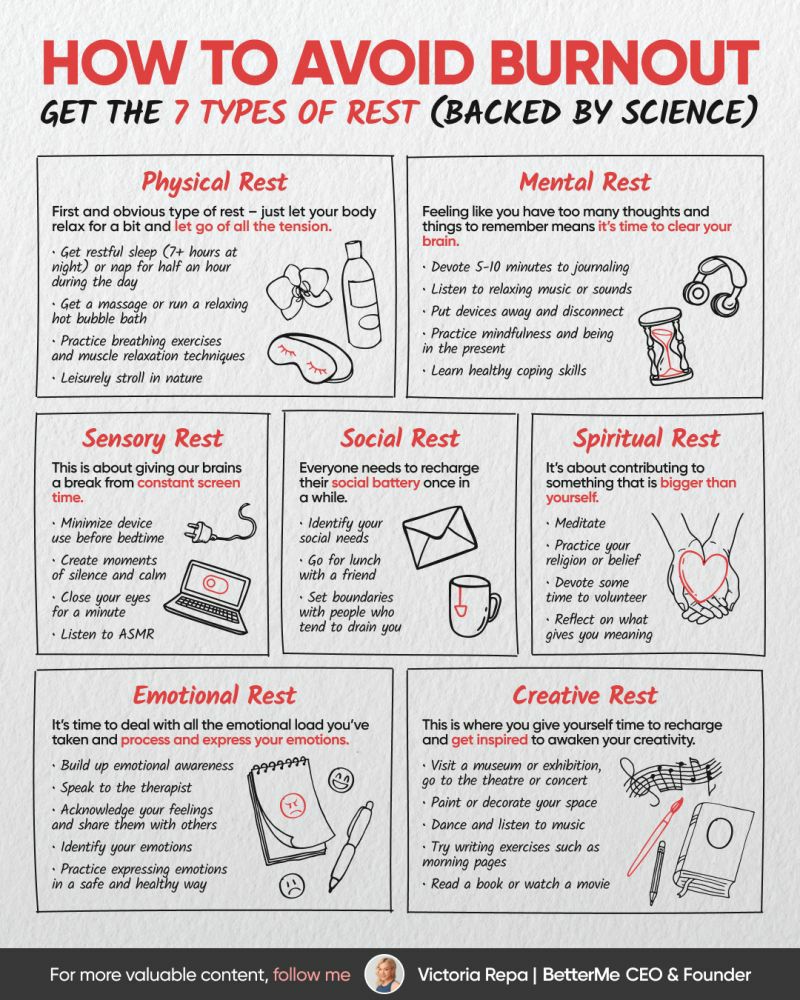1
18
7
20
14
146
16
14
19
20
23
43
25
37
view more: next ›
CSCareerQuestions
770 readers
1 users here now
A community to ask questions about the tech industry!
Rules/Guidelines
- Follow the programming.dev site rules
- Please only post questions here, not articles to avoid the discussion being about the article instead of the question
Related Communities
- !programming@programming.dev - a general programming community
- !no_stupid_questions@programming.dev - general question community
- !ask_experienced_devs@programming.dev - for questions targeted towards experienced developers
Credits
Icon base by Skoll under CC BY 3.0 with modifications to add a gradient
founded 1 year ago
MODERATORS
